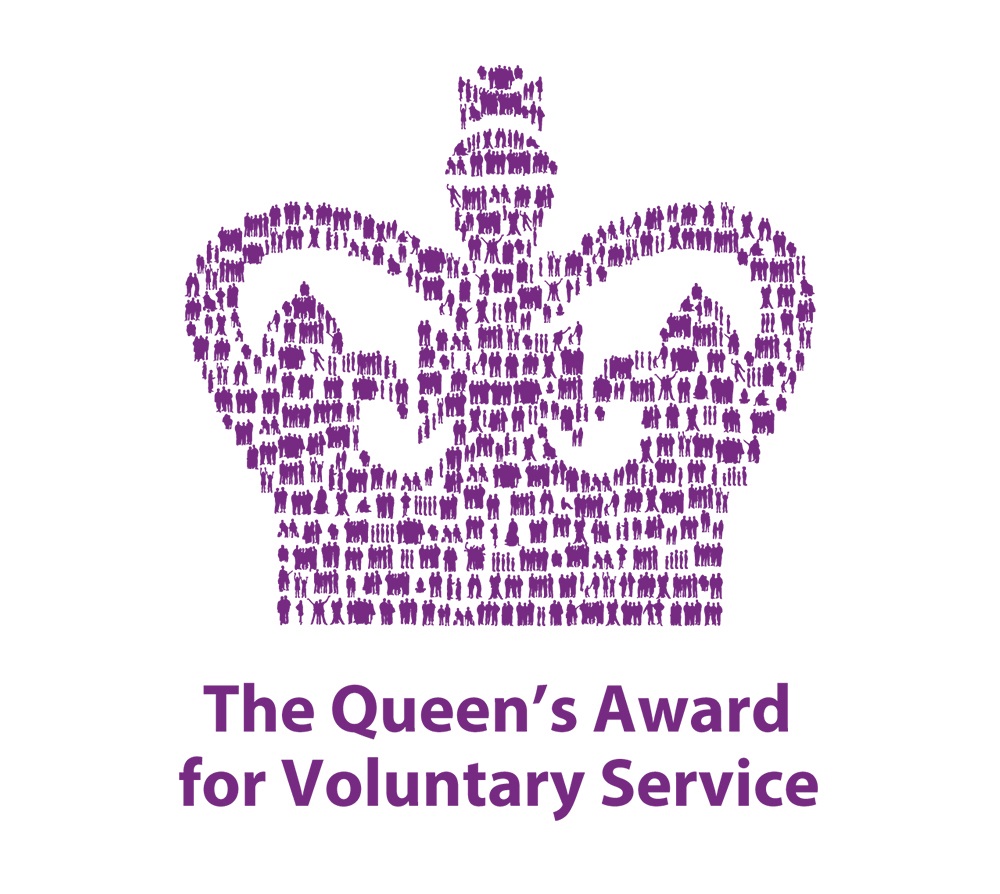Hi, my name’s Joy and I’m a youth worker specialising in supporting young people when they are in A&E because of mental health issues or emotional crisis. Going to A&E is never an indication that someone’s having a great day and it can be even more stressful when you’re there because you’re already feeling that life is too much. Here’s a little walk through what to expect and how to make the best of the situation. For the purposes of this blog, we’ll assume that all other avenues for help and support have been used and that A&E is where you need to be.
So, you walk in the main doors and the first thing you’ll need to do is explain to the person at A&E Reception why you’re there. This may feel a bit awkward but don’t worry, they’re perfectly used to people coming in for all manner of reasons. You don’t have to go into detail, a few words should be enough for them to understand and book you in. If you have someone with you they can help too.

Depending on the setup of your local A&E and your age, you may be sent to the Paediatric (Children’s) area, or wait in the main waiting area. If it’s busy you could have a while to wait so it’s worth bringing something to do, especially if you’re likely to get anxious, have some distractions handy.
You’ll see the Triage Nurse who’ll ask you about why you’re there and record some basic details about you and your family. You’ll likely be asked to go back to the waiting area again while the team decide what needs to happen next. The next person you’ll see will likely be a doctor who will ask you some more detail about what’s been going on for you and how you’re feeling. If you need blood tests the doctor will request these.
It may feel like you’re being asked to tell your story over and over to different people but this is unavoidable I’m afraid. Each medical person you meet will have their own responsibility in relation to your care and the best way for them to make sure they understand exactly how to help you is to ask you personally about things. They will also read the notes that their colleagues have made but there’s no substitute for hearing things first hand, so that’s why there’s so many questions – it’s because they know how important it is to try and understand correctly!
So, once you’ve spoken to a nurse and a doctor in A&E, they’ll be able to decide what needs to happen next. Depending on your situation, you may need medical treatment and if that’s the case the team will arrange that. You may be transferred to a different part of the hospital like the children’s ward or another ward separate to A&E where you’ll have a bed.
The staff basically have two objectives. Firstly, to make sure you are physically well enough to be discharged, they call this being ‘medically fit for discharge’. That’s why they’ll do your ‘obs’ (observations) which is pulse, blood pressure, temperature etc, and blood tests if needed. Secondly, they’ll need to assess your mental health so that when the time comes for you to leave hospital, they are confident that you’re safe to leave and there’ll be a plan in place to support you going forward. This second part is done by a specialist mental health team. This may be CAMHS (Child and Adolescent Mental Health Services) or the Adult Psychiatric Liaison Team who are often referred to as ‘Psych Liaison’. Depending on the hospital, there may be a team that is based in the hospital, or they may come and visit you from outside. In any case, you’ll need to wait to be seen and this may mean staying overnight, especially is you’re waiting to see CAMHS who usually come in the following day.
Okay, so here’s a few top tips to help you get the most out of your chat with the mental health person but the first thing to say is, try not to get stressed if you have a long wait or if they arrive later than they said they would. It’s not because they took a long lunch or couldn’t be bothered to come on time. It’ll be because they’ve had lots of others to see, or a particularly complicated situation to deal with before they could come to you so cut them some slack, they’re only human!
Okay, here goes with Joy’s top tips for a helpful chat with the mental health professional…
1. Think ahead: while you’re waiting, think through what are they key things you feel are important to communicate. Perhaps write those things down or if you have someone with you could talk it through with them.
2. Be open and honest: Try not to second guess what they will think if you say a certain thing, just answer questions honestly and say how you feel rather than thinking about any potential outcomes.
3. Speak up about what you need: be proactive in the conversation, it’s totally all for your benefit so be sure to bring up anything important if it’s not been covered. If you have ideas about what support you’d find useful going forward then suggest it.
You may feel you want to have a family member, friend or other supportive adult with you during the assessment and this is usually fine, don’t be afraid to ask. Equally, if you’d prefer it to be just you that’s fine too, just let one of the nurses know or tell the mental health professional who you’ll be speaking with.
After this meeting, there will be some decisions made about when you should be discharged and where you should go. In most cases, the decision will be made that you can go home with the support of your family and follow up from a community mental health team. In some situations, other arrangements will need to be made if, for example, you’re not safe at home, or further assessment or treatment is needed.
Once the medical team are happy that you’re ‘medically fit’ to leave and the mental health team have done their assessment and put a support plan in place you’ll be good to go.
After hospital…
You should hear from the community mental health team within a week or so of leaving hospital but you can ring them sooner if you need more support or if they’ve not called you. The most important thing is to listen to what your mind and body need. You’ll likely be tired so take time to rest. Having a bit of a routine is helpful so try to do something each day, even if it’s just going out for a short walk, and try to keep eating and sleeping at regular times. If you normally take medication keep going with that too. Make the most of all the support that’s available to you – from friends and family and from professionals. If there’s anything that makes you reluctant to accept support from professionals, it’s best to air your concerns. Did you know you can ask for a different Care Coordinator / Therapist if you feel that relationship is really not working? It’s also worth looking up other local stuff like youth groups, sports clubs, opportunities for volunteering, youth counselling etc. There’s lots out there and you might just find something that’ll give you chance to make some new friends, have fun, or get support that makes a difference and helps you keep going.

It can feel like having been to hospital because of an emotional / mental health crisis means you’ve hit rock bottom but please don’t be discouraged. Take it as a sign that things need to change and work with those around you to make those changes happen. Speaking personally, when I was a teenager I struggled with these issues and, at times I felt like everything was hopeless and there was no point in carrying on, it was all just too hard. But let me tell you, sticking with it is totally worth it and you can do it. Take each small step forward as a victory and celebrate it, and even if you take a couple of steps back it’s okay, don’t beat yourself up, just press on again.
I hope this has given you a helpful insight that will mean you can open up and get the help you need if you find yourself in A&E. Take care and remember that no situation is EVER hopeless.
Joy x





